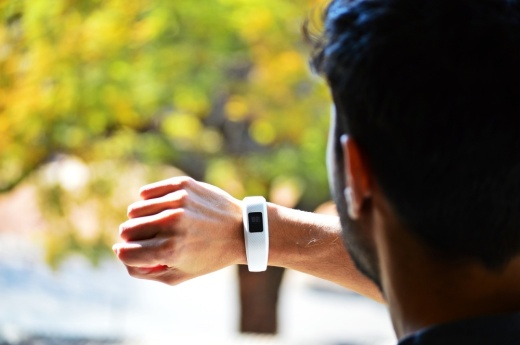Primary care providers have found that wearable activity trackers marketed as daily step counters could be used to support clinical care for patients with pulmonary arterial hypertension or other chronic diseases.
Researchers at the Cleveland Clinic found a correlation between heart and step rate data with a biomarker for heart failure risk, according to a November 2024 report. These findings suggest trackers could identify disease severity and monitor chronic conditions remotely, reducing the need for frequent clinic visits.
Zooming in
Dr. Troy Tran, a family and geriatric medicine physician at Baylor St. Luke's Medical Group in Sugar Land, said he has seen an increase in patients presenting data from wearable fitness devices for check-ups in the past two to three years. While doctors should weigh the variability of the data, he said the data’s accessibility could encourage people to “start a conversation.”
“When a patient brings in their Fitbit or Apple Watch information, it kind of makes me a little happy because it tells me this patient is taking the time to care about their health,” he said. “I think it's a great opportunity to start a conversation.”
Tran said he has monitored medications and diagnosed health conditions by using blood sugar, oxygen and sleep duration data through models such as the Apple Watch and Fitbit.
He referenced Apple’s 2009 company-sponsored study that tested the effectiveness of its watch to identify irregular heart rhythms with a high degree of accuracy, offering a tool for early detection and monitoring of heart conditions.
What else?
However, factors such as skin color, weight and age could impact the accuracy of the data, Tran said. With the growth of health tracking devices, doctors have to account for relying on incomplete or inaccurate data, he said.
Additionally, Tran noted that while the accessibility of this data could be empowering for some, it could also cause anxiety to others. One of his patients who was notified of her decreased sleep time slept even less due to her anxiety. He said not all warnings could be cause for concern.
“These are tools for conversations,” Tran said, “If there is something that is brought to your attention, you should let your doctor know so they could dive in deeper.”





